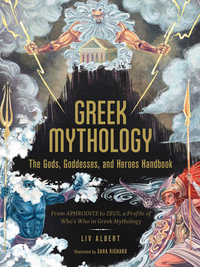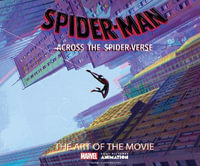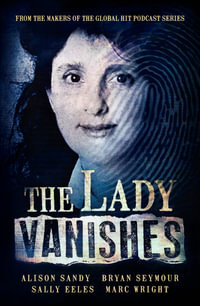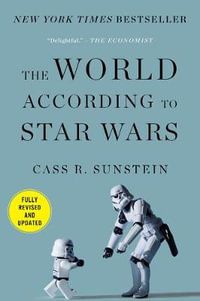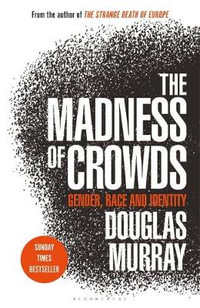It’s a truth universally acknowledged that terrible apologies are the worst. We’ve all been on the receiving end, and oh, how they make us seethe. Horrible public apologies excuse-laden, victim blame-y, weaselly statements often go viral instantaneously, whether they’re from a celebrity, a politician, or a blogger. We all recognize bad apologies when we hear them. So why is it so hard to apologize well? How can we do better? How could they do better?
Marjorie Ingall and Susan McCarthy show us the way. Drawing on a deep well of research in psychology, sociology, law, and medicine, they explain why a good apology is hard to find and why it doesn’t have to be. Alongside their six (and a half)-step formula for apologizing beautifully, Ingall and McCarthy also delve into how to respond to a bad apology; why corporations, celebrities, and governments seldom apologize well; how to teach children to apologize; how gender and race affect both apologies and forgiveness; and most of all, why good apologies are essential, powerful, and restorative. A good apology can do so many things mend fences, heal wounds, and bring more harmony into ourselves and our society at large.
With wit, deep introspection, and laugh-out-loud humor, Ingall and McCarthy’s guidance will help make the world a better place, one apology at a time.
About the Authors
Marjorie Ingall, who goes by “Snarly” on SorryWatch.com, is the author of Mamaleh Knows Best: What Jewish Mothers Do to Raise Creative, Empathetic, Independent Children and The Field Guide to North American Males, and is the coauthor of Hungry, with plus-size model Crystal Renn. A former columnist for Tablet magazine and the Forward, she is a frequent contributor to The New York Times Book Review and has also written for New York magazine, Town & Country, Ms., Glamour, Self, Elle, and Sassy (yes, that one). She lives in New York City.
Susan McCarthy, who goes by “Sumac” on SorryWatch.com, is the coauthor (with Jeffrey Moussaieff Masson) of the international bestseller When Elephants Weep: The Emotional Lives of Animals, which has been translated into twenty-one languages. She’s also the author of Becoming a Tiger: How Baby Animals Learn to Live in the Wild. Publications she’s written for include Parade, The Guardian, WIRED, Smithsonian magazine, Outside, and Salon. Her work has been anthologized in The Best American Science Writing and in Mirth of a Nation: The Best Contemporary Humor. She lives in San Francisco.
Industry Reviews
"The authors reveal surprising examples of good apologies as well as the neuroscience and psychology behind poor ones—in addition to the things never to say when attempting to write a wrong....Essential protocol for those seeking to hone their apology skills." —Kirkus Reviews










